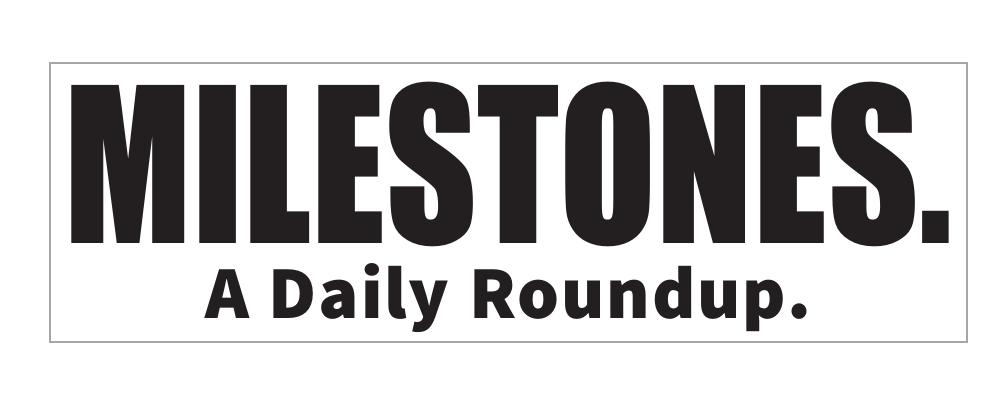Milestones: May 3, 2024

KEENLY UNDERSTOOD WORLDLY WAYS — ITALIAN PHILOSOPHER AND WRITER NICCOLO MACHIAVELLI was born in Florence on May 3, 1469. He was a staunch proponent of a unified Italy A lifelong patriot and a diehard proponent of a unified Italy, which at the time had five major city-states. He was a shrewd politician and official, distinguishing himself as a defense secretary who strengthened his hometown politically. He also gained influence with King Louis XII of France, the Popee, the Holy Roman Emperor and a Papal States prince named Cesare Borgia (in reality the illegitimate son of Pope Alexander VI (who by birth was Rodrigo de Borgia, powerful in both Spain and Italy). It was the shrewd and worldly Cesare Borgia who was the inspiration for Machiavelli’s famous political essay, The Prince, (originally published in 1513 as a pamphlet) which described Machiavelli’s vision of an ideal leader: an amoral, calculating tyrant for whom the end justifies the means.
However, The Prince was also written to curry favor back into the powerful Medici family’s circle after a falling-out. He was unsuccessful in this regard and worse, lost the respect and love of his fellow Florentines.
✰✰✰

Brooklyn Boro
View MoreNew York City’s most populous borough, Brooklyn, is home to nearly 2.6 million residents. If Brooklyn were an independent city it would be the fourth largest city in the United States. While Brooklyn has become the epitome of ‘cool and hip’ in recent years, for those that were born here, raised families here and improved communities over the years, Brooklyn has never been ‘uncool’.